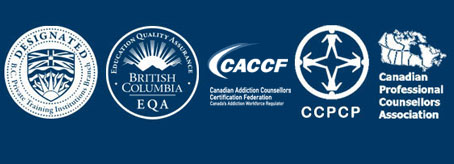The Impact of Regulatory Changes on Counsellors in Canada
With the recent news that some Canadian provinces are moving toward regulating mental health services, students and professionals are left wondering how the regulations will affect them. Over the past 20 years, KCPC has followed the evolution of regulatory changes, and we’d like to share some of our observations with you. We hope this information will help you understand your options in pursuing a career in mental health.
Provincial regulations are enacted to ensure that mental health practitioners have the training and experience needed to provide competent treatment for the public. In regulated provinces, only advanced-level practitioners such as psychotherapists, counselling therapists,and social workers are permitted to treat clients with severe mental health disorders. Their licensing criteria typically include an undergraduate or graduate university degree, qualifying exams, ethical guidelines, liability insurance, a criminal record check, and a lengthy period of supervision.
Entry-and-mid-level practitioners in regulated provinces may be exempted from providing advanced services. However, provided they do not use the protected titles of advanced practitioners, entry and mid-level counsellors are permitted to offer various types of support and/or counselling services to clients presenting with mild or short-term difficulties. These practitioners obtain professional designations through professional associations or voluntary regulatory colleges. The membership requirements include liability insurance;a one-year diploma;a clear criminal record;ethical guidelines, competency exams; and 2 years of supervised experience.
Diploma graduates from competency-based colleges like KCPC have found employment and established private practices all across Canada.
If you’re wondering what kind of counselling services entry-level counsellors provide, see ‘What our students have to say’.https://www.counsellortraining.com/student-testimonials.php
Or click here for examples from the regulated province of Ontario: https://www.crpo.ca/activities-outside-the-controlled-act/
For information regarding your home province, see the CPCA website that details the regulatory status of each province. https://thecpca.ca/regulatory-colleges~.aspx,
Or contact your provincial government directly for regulations that may apply
to you.






